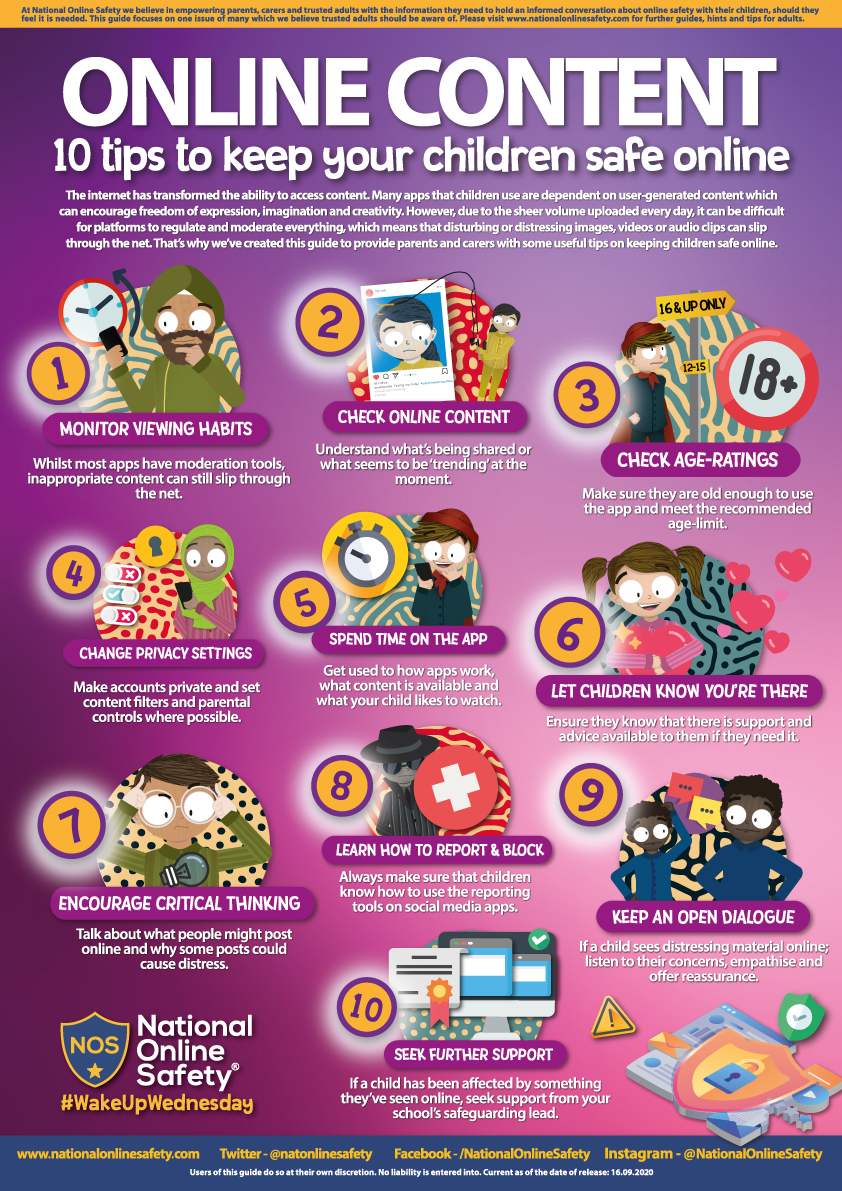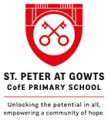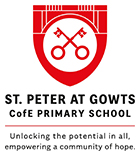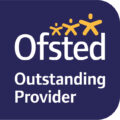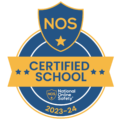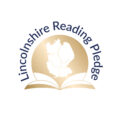Useful links and websites
Keeping_children_safe_in_education_part_one
Lincolnshire Safeguarding Children Board
Every month, the LSCB produces a factsheet on an internet safety area. Monthly newsletters can be located on the ‘Safeguarding in Schools’ tab on the Stay Safe Partnership website.
Parent Info
Above is a link to the Parent Info website. Parent Info is a collaboration between CEOP and Parent Zone. The website provides high quality information to parents and carers about their children’s wellbeing and resilience.
This service is free and ranges across a wide range of subject matter, from difficult topics about sex, relationships and the internet or body image and peer pressure to broader parenting topics like ‘how much sleep do teenagers need?’
We would like to draw particular attention to the articles section, which may be of use and interest to parents and carers.
Internet Matters
Get expert support and practical tips to help children benefit from connected technology and the internet safely and smartly on the Internet Matters website: https://www.internetmatters.org/
Net Aware
Net Aware is an online tool that informs parents about the social networks, apps and games that children might be using.
NSPCC
At the above link you will find help and advice for parents regarding how to keep children safe on social networks, apps and games.
Parents and carers can contact the NSPCC helpline whenever they’re worried about a child by calling 0808 800 5000, emailing help@nspcc.org.uk, texting 88858* or contacting us online at nspcc.org.uk/ helpline. The helpline is free, available 24/7 and calls can be made anonymously. NSPCC have joined forces with O2 to provide adults with the skills and tools to help keep children safe online. This helpline provides practical, technical advice including parental controls on electronic devices, adjusting privacy settings, understanding social networks, and information about online gaming. Call the Online Safety Helpline on 0808 800 5002.
The NSPCC in conjunction with Dan Hawbrook have produced two simple guides on how to handle peer pressure for both young people and teachers/parents.
Peer Pressure for Young People
EDAN Lincs Domestic Abuse Servcie
The website for Domestic Abuse support is EDAN Lincs Domestic Abuse Service https://edanlincs.org.uk/
Lincolnshire’s Stay Safe Partnership
Lincolnshire’s Stay Safe Partnership has a range of online/e-safety resources available at www.lincolnshire.gov.uk/ssp
Chief Medical Officer for the UK
The Chief Medical Officer for the UK has published guidance on screen-based activities. The guidance itself has a poster on page 11 which helps parents and carers think about the challenges of managing their children’s screen use. The full guidance and poster can be found here https://assets.
Parent and Carer Online Toolkit (Childnet)
The new non-statutory guidance published in the summer, Teaching Online Safety (2019, DfE), recommends that schools ‘Proactively [engage] staff, pupils and parents/carers in school activities that promote the agreed principles of online safety’ (see paragraph 42).
Childnet have updated their parent and carer toolkit that will help parents have conversations about online safety. Their booklet ‘Let’s talk about life online’ includes ten key messages that should be shared with children:
- “You can always come to me if you need help.”
- “What would you do if this happened…?”
- “Remember that not everyone is who they say they are online.”
- “Keep your personal information safe, and other people’s too.”
- “Be respectful to others online.”
- “Think before you post.”
- “Remember to ask if it’s okay.”
- “Remember not everything is true online.”
- “The things other people post online might not always show what their life is really like.”
- “Recognise how going online makes you feel and take a break when you need to.”
The Parent and Carer Toolkit can be found here: https://www.childnet.
Suggested games and game guides from National Online Safety
